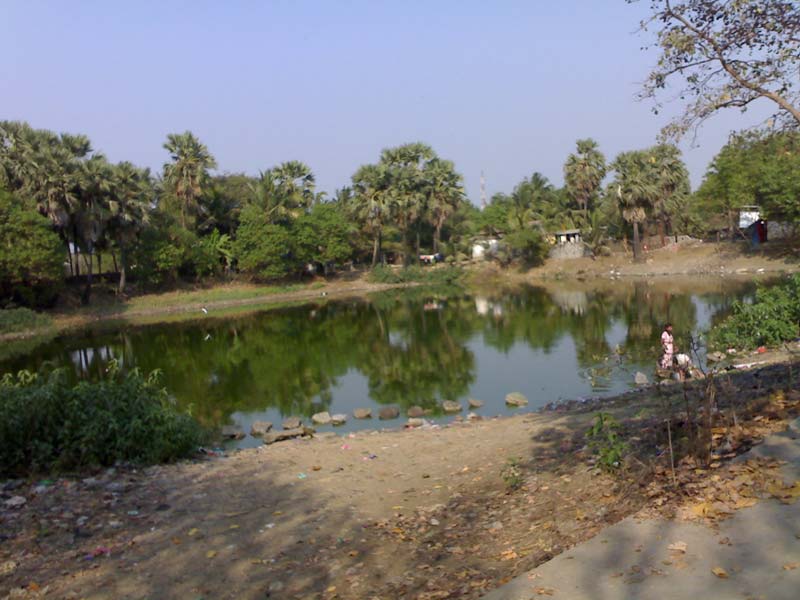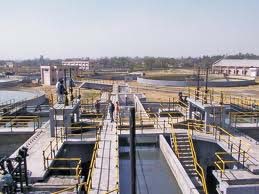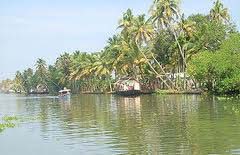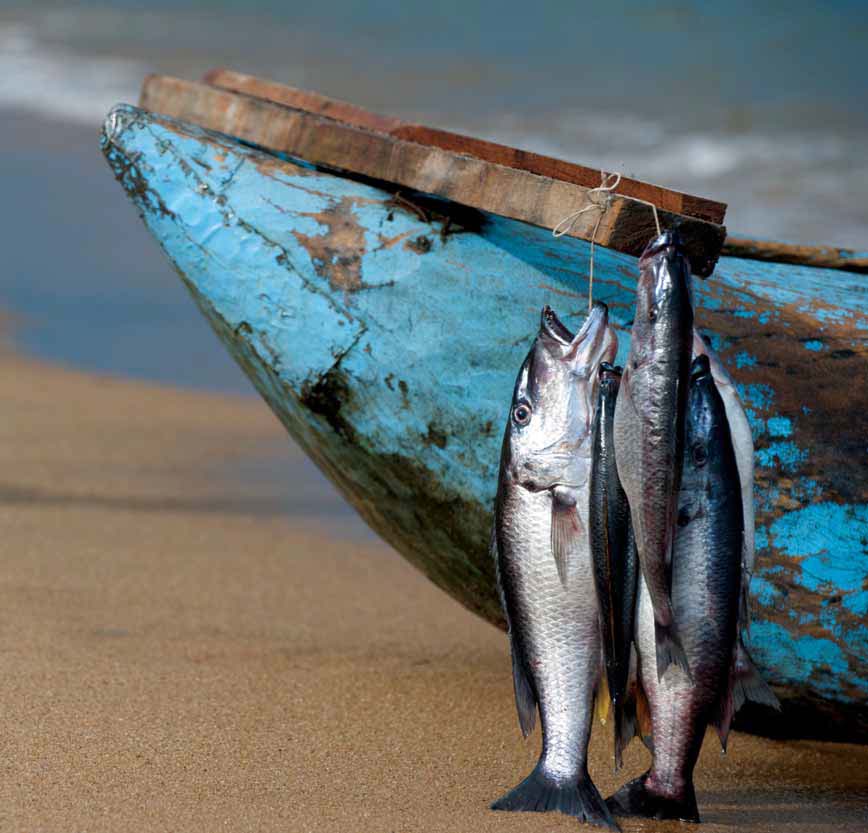Biological Pollution
Lakes in Mumbai – A draft report by WWF India
Posted on 01 Nov, 2011 08:59 PM This draft report on the study of lakes by the World Wildlife Fund for Nature (India) documents the physical condition of the lakes in Mumbai. Apart from the three lakes - Tulsi, Powai and Vihar that used to provide water to Mumbai residents, there are many lakes in the Bombay Municipal Corporation jurisdiction that are either polluted by human sewage or industrial effluents and have remained neglected with increasing urbanization.
This draft report on the study of lakes by the World Wildlife Fund for Nature (India) documents the physical condition of the lakes in Mumbai. Apart from the three lakes - Tulsi, Powai and Vihar that used to provide water to Mumbai residents, there are many lakes in the Bombay Municipal Corporation jurisdiction that are either polluted by human sewage or industrial effluents and have remained neglected with increasing urbanization.
There is very little to no data available on the existence of lakes of Mumbai. Several RTI’s to the government bodies also revealed that there was a lacuna in terms of the availability of the data; as a result most of the water bodies are easily exploited. Under this study the baseline data was prepared with the help of Google Earth website. The areas appearing to be lakes were marked on the Google Earth Images. These were verified by the field staff through onsite visits. The survey was conducted during September and October, 2008 and March, 2009. The study considers only the fresh water lakes which were accessible and saline water impoundments have not been considered.
Performance of sewage treatment plants - Coliform reduction - Control of urban pollution series - CPCB (2008)
Posted on 27 Oct, 2011 12:38 PMThis report presents the findings of a study conducted by CPCB with the help of Indian Institute of Technology, Roorkee and Anna University, Chennai on the performa
Evaluation of operation and maintenance of sewage treatment plants in India - Control of urban pollution series - CPCB (2007)
Posted on 26 Oct, 2011 03:39 PMThis study was commissioned recognizing the fact that discharge of untreated sewage occurs not only because of inadequate installed capacity of sewage plants, but also due to the inadequate maintenance of existing plants.
Institutionalization of users' level - Water quality monitoring and surveillance in Gujarat - A report by WASMO
Posted on 26 Sep, 2011 11:39 AMThe programme focused on community involvement in assessing and evaluating water quality.
Revised guidelines for the centrally sponsored scheme of Common Effluent Treatment Plants (CETPs) - Ministry of Environment & Forests, 2011
Posted on 25 Sep, 2011 06:03 PM
Image courtesy: www.projectsmonitor.com
Under the Water (Prevention and Control of Pollution) Act, 1974, every industry has to provide adequate treatment of its effluents before disposal, irrespective of whether it is in stream, land, sewerage system of sea. The small scale industrial units (SSI), which are presently defined as units whose plant and machinery are valued at less than Rs. 5 crore occupy an important place in the country's economy. The SSIs are a major contributor to the total industrial pollution load of the country. However, only a small fraction of the effluent discharge from these units is estimated to be treated as on date.
Evaluation of Central Pollution Control Board (CPCB) – A report by Indian Institute of Management Lucknow
Posted on 25 Sep, 2011 02:41 PMThis evaluation report by the Indian Institute of Management (Lucknow) of the Central Pollution Control Board (CPCB), a central institution established to set environmental standards for all parts of the country focuses on strengthening of CPCB and its preparedness to undertake various measures as suggested by environmental statutes.
Groundwater quality assessment of Jharia coalfield area in West Bengal - A case study in NISCAIR
Posted on 27 Aug, 2011 06:35 PMThis case study in National Institute of Science Communication and Information Resources (NISCAIR) by the Central Institute of Mining and Fuel Research (CIMFR), Dhanbad and the Geo-Environment Division (Environment Management Group) deals with groundwater quality assessment of Jharia coalfield area of West Bengal. The physiochemical characteristics of groundwater of the upper catchments of the coalfield were studied to evaluate the water quality.
Water quality study and cost-benefit analysis of rainwater harvesting in Kuttanad, Kerala
Posted on 25 Aug, 2011 02:23 PM This thesis by Christina Tang for the Center of Environmental Studies, Brown University deals with a study of water quality and attempts to ascertain the net benefits or costs from rainwater harvesting under a variety of scenarios for households in various water supply conditions.
This thesis by Christina Tang for the Center of Environmental Studies, Brown University deals with a study of water quality and attempts to ascertain the net benefits or costs from rainwater harvesting under a variety of scenarios for households in various water supply conditions.
Eighty percent of the 7,00,000 citizens of Kuttanad, a region in the coastal State of Kerala have no access to clean water. In Kuttanad, intensive untreated human sewage and agricultural activities have caused severe surface water contaminations. At the same time, other sources of freshwater are unreliable for drinking: groundwater is acidic due to the soil conditions and iron leaching; freshwater from public tap is infrequent; and water supply from private vendors is extremely expensive.
Blue harvest – Inland fisheries as an ecosystem service – A report by UNEP
Posted on 24 Aug, 2011 11:34 AM This report by United Nations Environment Programme (UNEP) reviews the importance of inland fisheries as an ecosystem service, the pressures upon them, and management approaches to sustain them and thus helps inform future approaches to conservation and management of freshwater ecosystems.
This report by United Nations Environment Programme (UNEP) reviews the importance of inland fisheries as an ecosystem service, the pressures upon them, and management approaches to sustain them and thus helps inform future approaches to conservation and management of freshwater ecosystems.
There is an urgent need for major investment in policy and management approaches that address the direct and indirect drivers of aquatic ecosystem degradation and loss of inland fisheries taking into account their role in sustainable development and human well being. The UNEP Ecosystem Management Programme (UNEP-EMP) provides an effective framework for pursuing this challenge.





